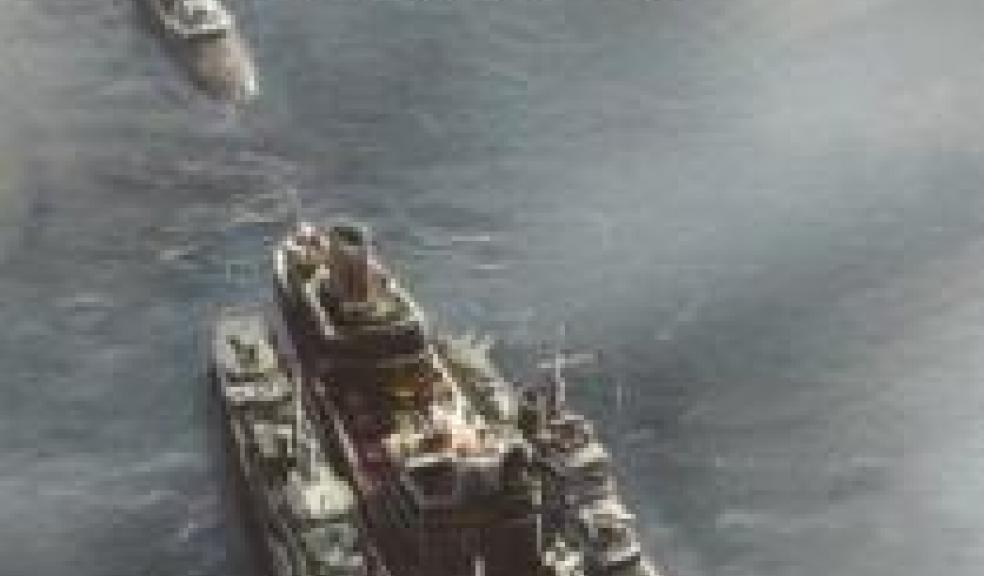
Risks, tragedy and ultimate success outlined in new book about allied war effort
The appalling tactical risks taken during a series of brutal battles which played a crucial role in the allied war effort are laid bare in a new book.
Between Hostile Shores: Mediterranean Convoy Battles 1941–1942 – published by the University of Plymouth Press – features details of the difficult decisions, taken out of strategic necessity, to ensure Malta was defended against the axis powers during the Second World War.
Over the course of a year, surface ships of the Royal Navy and Allied merchant navies fought against overwhelming air attack, submarines, mines, fast torpedo craft and a powerful surface fleet to deliver vital supplies, incurring terrible losses in the process.
In 1942 only 30 per cent of the merchant ships that sailed arrived safely, but the sacrifice of men and ships ensured that just enough supplies were delivered to ensure Malta’s survival as a crucial element of the allies’ military campaign.
The book detailing the effort is part of the Britannia Naval Histories of WWII series, published using previously restricted and classified documents held within the archives of the Britannia Royal Naval College in Dartmouth.
Paul Honeywill, director of the University of Plymouth Press, said: “The margin between success and failure was wafer-thin but despite the cost, Mediterranean convoys represent a victory of Allied sea power over the continental forces of their Axis enemies. Their previously untold story features fascinating extracts from an unusual official document containing technical descriptions and plans of battle damage suffered by four Royal Navy warships escorting Mediterranean convoys. Extracts from orders and despatches also give contemporary accounts of planning and the views of senior officers in command.”
The foreword for Between Hostile Shores is written by Vice Admiral Sir Richard Ibbotson, former Commander of British Forces in the Falkland Islands and now a Governor at Plymouth University.
In his foreword, he writes: “The Mediterranean in 1941 and 1942 was a crucial maritime theatre, but has not attracted a great deal of historical analysis thus far. My operational experience in a different era was dominated by three persistent and seemingly timeless realities, the need to control sea lines of communication, while coping with extended supply lines and operating without air superiority. For my generation, these facets were a stark reality both for the Falklands, and for stages of the successive Gulf conflicts. The lessons that may be drawn from this book therefore remain wholly relevant today.”
The Britannia Naval Histories of WWII series was launched in 2012, with the first book in the series – Dark Seas: The Battle of Cape Matapan – featuring a first-hand account from HRH the Duke of Edinburgh. In November last year, it was nominated for a Mountbatten Maritime Award.
To buy a copy of the book, or to get more information about the series, visit http://www.uppress.co.uk/nav












